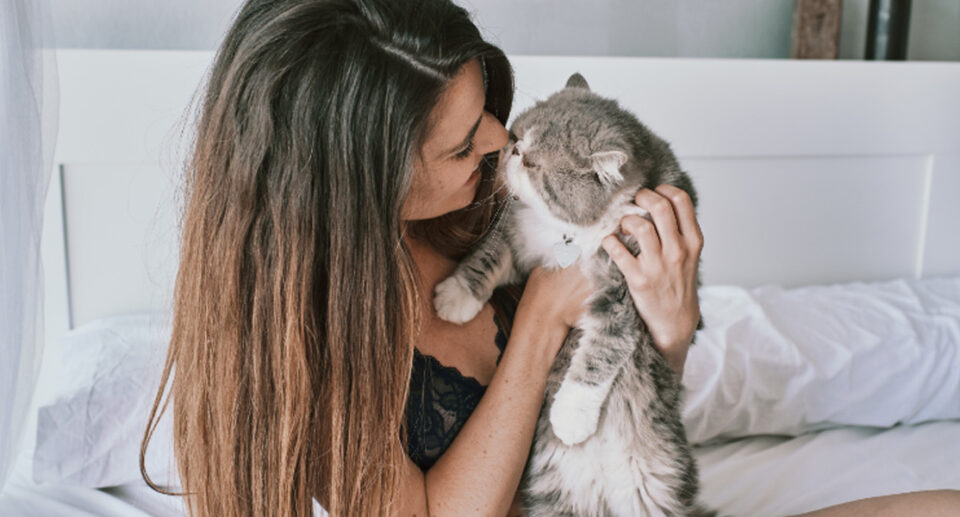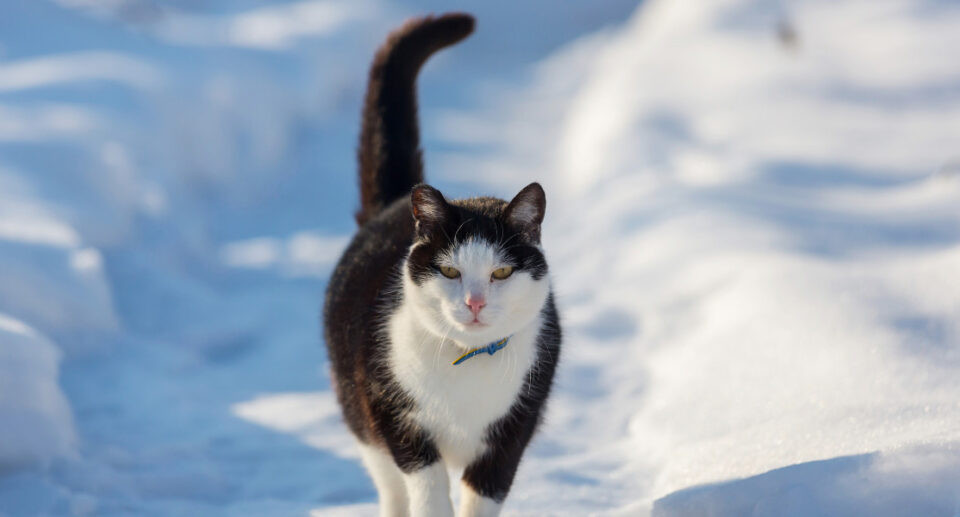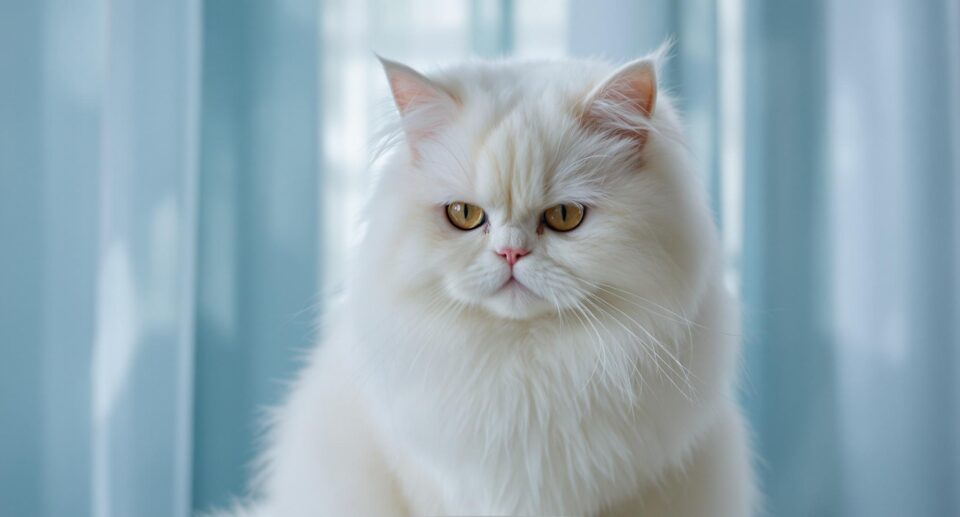Reduce Your Cat’s Anxiety and Stress

Anxiety in cats manifests from the anticipation of future dangers from unknown or imagined origins. This results in normal body reactions associated with fear, most commonly urination and/or passage of bowel movements, destruction, excessive vocalization, and even fear-based aggression in some cats. Anxiety in cats can have many causes, including illness, emotional or physical traumatic experiences, and aging factors associated with nervous system changes, including infections and viruses. Common anxiety triggers include excessive noises such as thunderstorms, as well as separation anxiety when left alone. Most cat anxieties develop at the onset of social maturity from 12 to 36 months of age. Old age separation anxiety of unknown cause may be a variant of a decline in thinking, learning, and memory in senior cats. Feral cats that are deprived of social and environmental exposure until 14 weeks of age may become habitually fearful of contact.
Natural calming aids for cats
Several often effective natural remedies can be tried to help ease anxiety in cats. The Sentry Calming Collar for Cats contains calming pheromones to reduce anxiety and fear. Be Serene is also a versatile product that is made from a combination of flower essences that often help to reduce anxiety in cats. Herbal products made from catnip and valerian root can also be helpful in calming cats. Tranquility Blend, by Animal Apothacary, has long been a favorite of veterinarians, which is also easy to administer to cats. Another recommended product is called Nutricalm, by Rx Vitamins. You may also want to try Feliway For Cats, which contains a natural pheromone that helps ease anxiety.
Medications for treating your cat’s anxiety
If the above natural measures do not help with your cat’s anxiety, several available anxiety medications may help your cat, and are often prescribed based on the specific type of anxiety diagnosed. Many cases of long-term separation anxiety can be treated with medications such as Fluoxetine, or Amitryptyline. Other medications for more acute, short-term anxieties such as traveling to the veterinarian or groomer, or during thunderstorms, include Acepromazine, Xanax, or Ativan.
All cats treated with any anxiety medications should have a physical exam and blood panels done prior to starting treatment, especially with long-term medications. These cats should also have periodic blood work done to monitor liver and kidney function, since cats can be sensitive to these medications.





